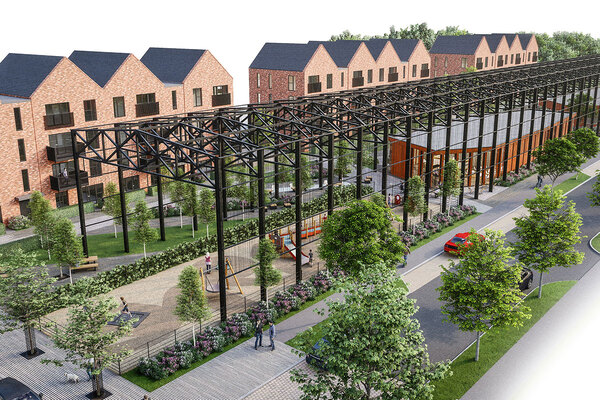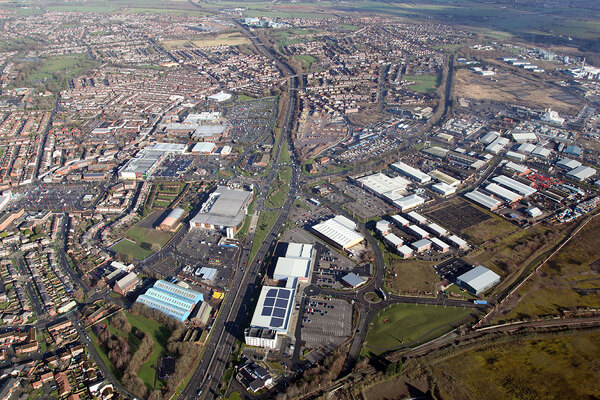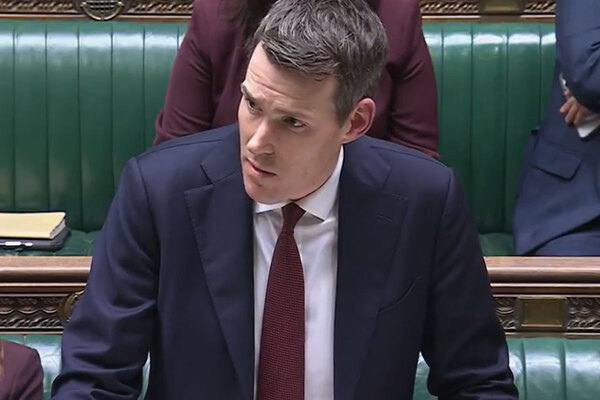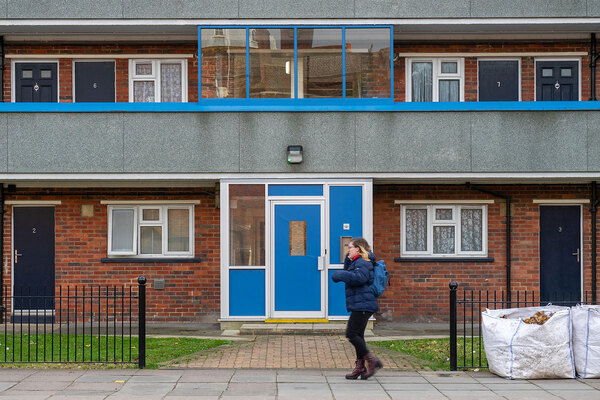You are viewing 1 of your 1 free articles
Peabody has credit rating upgraded following merger
Peabody has had its credit rating upgraded by Moody’s following its merger with Family Mosaic, ahead of plans to raise £670m in the next three years.
The 54,000-home housing association, which was formed earlier this month through the combination of Peabody and Family Mosaic, was given an A2 rating yesterday.
This is an improvement on Peabody’s previous rating of A3, and moves it up one notch into the third tier of housing associations rated by Moody’s alongside organisations such as L&Q and Clarion.
The rating change also represents a downgrade for 26,000-home Family Mosaic which had held an A1 rating – the second highest – ahead of the merger. Its rating has now been removed.
In its rationale Moody’s said: “Today’s upgrade of Peabody… primarily reflects Moody’s expectation that the key credit metrics of the merged entity, as currently projected, will be more closely aligned with its A2 peers.”
It said interest cover from its core social housing lettings business would average 1.1 in future, representing “a material improvement relative to Peabody’s standalone forecasts”.
Social housing lettings interest cover, earnings from its social housing rents divided by interest payments owed for a specific period, is a “key credit differentiator” for Moody’s.
The agency said Peabody’s debt “will remain low in relation to peers” and will average 38.4% of assets at cost over the next four years.
This is despite the organisation’s plans to raise £670m of additional debt, which Moody’s said the organisation plans to take on between 2017/18 and 2020/21.
However, the rationale added that Peabody’s development plans contain “a significant amount of market sales risk”, with sales revenue reaching 50% of turnover within four years, a similar level of exposure to other large housing associations such as L&Q and Notting Hill.
“This will be an area of credit concern for the merged entity,” Moody’s said.
It added that Peabody, as a 54,000-home housing association based wholly in London and the South East, will “confer greater heft in policy and partnership discussions with local and national actors in the social housing sector”.
It plans to make efficiency savings totalling 4.5% of operating costs per year by the third year of merger through the combination of the two organisations. Based on both sets of accounts for 2015/16, this will total around £19.3m from total costs of £427.8m.
Peabody has a negative outlook in common with the rest of the housing association sector, due to Moody’s assessment of the potential negative impact of Brexit.









